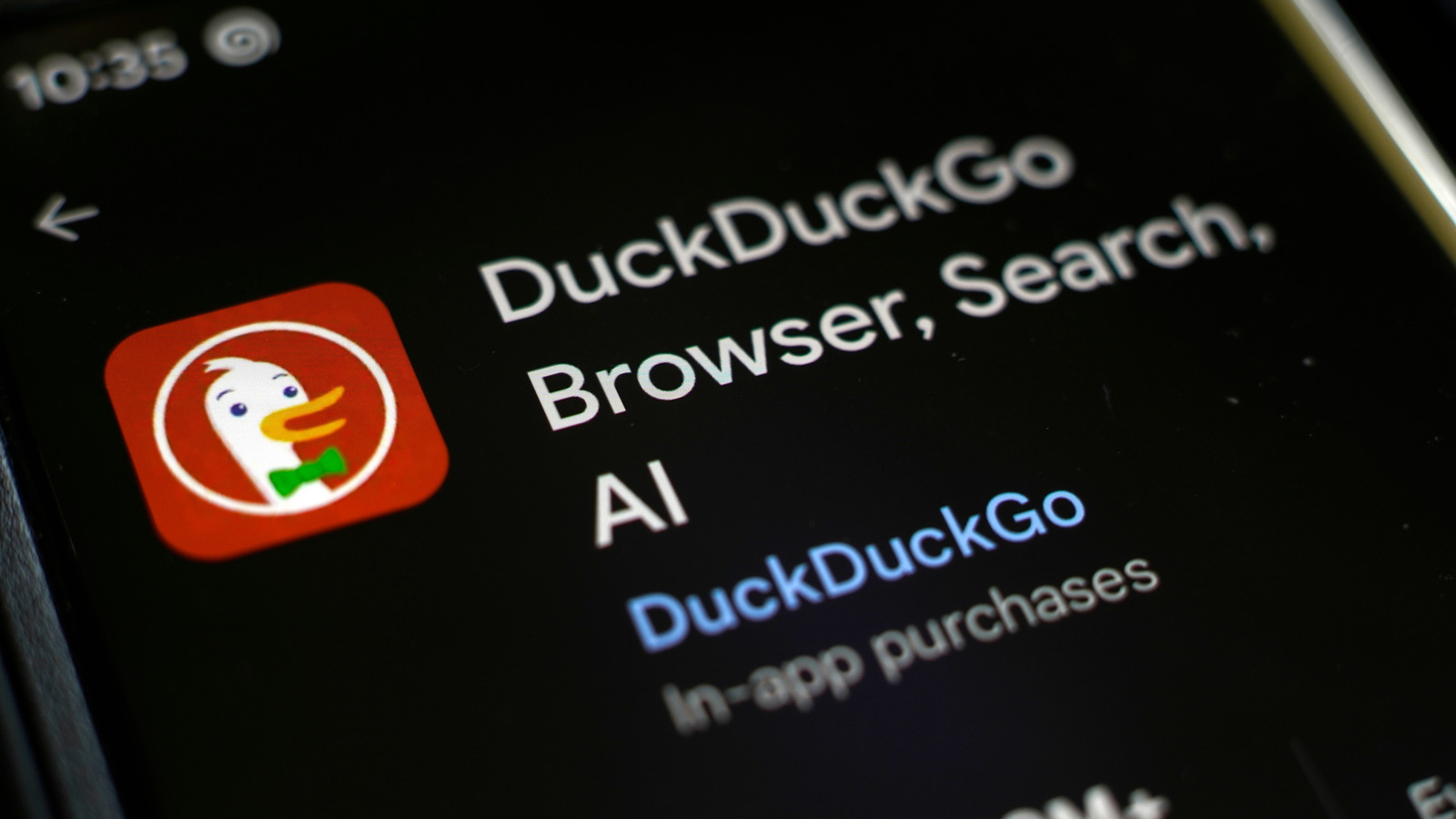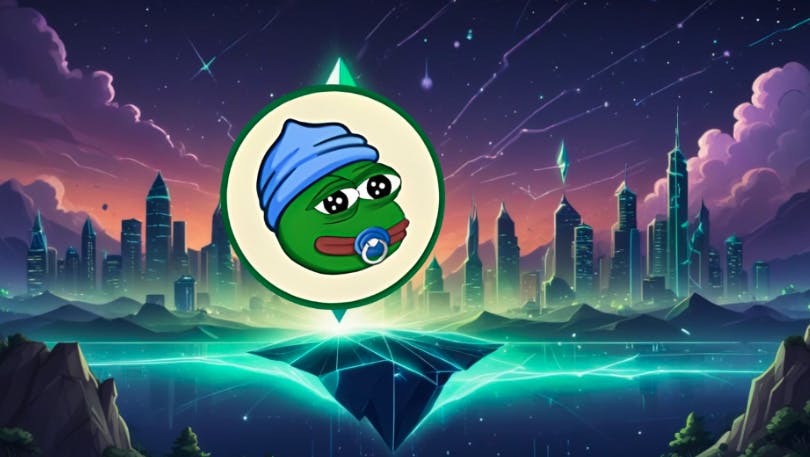Table of Links
Abstract and 1. Introduction
2 Related Work and 2.1 Technology Convergence Approaches
2.2 Technology Convergence Measurements
2.3 Technology Convergence Models
3 Data
4 Method and 4.1 Proximity Indices
4.2 Interpolation and Fitting Data
4.3 Clustering
4.4 Forecasting
5 Results and Discussion and 5.1 Overall Results
5.2 Case Study
5.3 Limitations and Future Works
6 Conclusion and References
Appendix
2.2 Technology Convergence Measurements
In this section, we review the state of the art in bibliometric indicators, such as keywords, citations, and collaborations, along with our critiques.
2.2.1 Keywords
Identifying common keywords across various technologies is considered a crucial measure of technological convergence. This approach, especially its variant focusing on dynamic networks formed based on shared keywords, has been central in several studies [8–12]. Despite its usefulness, keyword analysis has limitations, including ambiguities from semantic similarities in common keywords and imprecision in individual keywords representing distinct concepts [13, 14]. Nevertheless, our study assumes that a shared lexicon can be an important indicator of convergent objectives, implying technological convergence. This assumption aligns with the notion that a common vocabulary, such as keywords, typically signifies a shared understanding of interest in a certain technology [15], thus widely accepted as an important measure [8–12].
2.2.2 Citations
Citation and co-citation analyses, serving as indicators of scholarly interdependence, are essential for understanding technological convergence [6, 13, 16, 17]. However, these methods face challenges stemming from incomplete datasets and unreliable reference-listing algorithms [6]. Moreover, McRoberts’ influential critique emphasized the limitations of citation analysis in fully capturing academic interconnectedness, pointing to unacknowledged influences, citation biases, literature ignorance, and self-citation practices as contributing factors [18].
Despite these limitations, we make the assumption that citation metrics, while offering only a partial perspective, provide insights into knowledge exchange across various domains, indicating potential convergence [6, 17]. This perspective is supported by insights from Broring, who suggests that interdisciplinary citations often signal the onset of scientific convergence, potentially leading to collaborative research ventures [6].
2.2.3 Collaborations
In addition to keywords and citations, the research community recognizes other indicators of technological convergence. One such metric involves assessing the extent to which researchers contribute to multiple technological fields. We argue that this aspect of research collaborations plays a crucial role in driving scientific and technological advancements [6, 19]. From an organizational theory standpoint, collaborations signify the preliminary stages of technological convergence [6, 19]. As articulated by Br¨oring, an increase in collaborative efforts typically precedes the merging of distinct disciplines [6]. Therefore, analyses focusing on co-authorships and shared researcher pools hold value in predicting technological convergence.
Authors:
(1) Alessandro Tavazz, Cyber-Defence Campus, armasuisse Science and Technology, Building I, EPFL Innovation Park, 1015, Lausanne, Switzerland, Institute of Mathematics, EPFL, 1015, Lausanne, Switzerland and a Corresponding author ([email protected]);
(2) Dimitri Percia David, Cyber-Defence Campus, armasuisse Science and Technology, Building I, EPFL Innovation Park, 1015, Lausanne, Switzerland and Institute of Entrepreneurship & Management, University of Applied Sciences of Western Switzerland (HES-SO Valais-Wallis), Techno-Pole 1, Le Foyer, 3960, Sierre, Switzerland;
(3) Julian Jang-Jaccard, Cyber-Defence Campus, armasuisse Science and Technology, Building I, EPFL Innovation Park, 1015, Lausanne, Switzerland;
(4) Alain Mermoud, Cyber-Defence Campus, armasuisse Science and Technology, Building I, EPFL Innovation Park, 1015, Lausanne, Switzerland.










